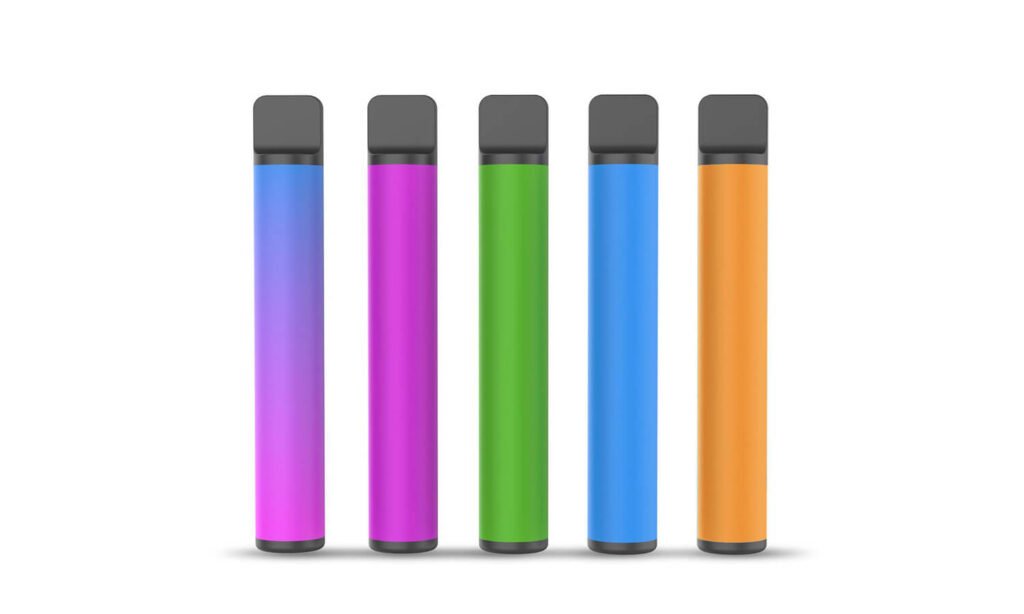Experts expects predict supply issues in the vape industry to continue in 2022.
The vape industry is somewhat unique. Almost all vape devices and accessories come from Chinese. It is also unique because regulatory changes in the US make it difficult for some US consumers to purchase vape devices and e-liquid online in 2021. So, will supply chain issues continue to affect the vape industry in 2022? The answer is “Most likely.” In this article, we’ll explain why. But first, let’s look at some of the reasons the industry will have so many supply chain issues in 2020 and 2021.
Covid-19 causes initial supply problems for the vape industry in 2020
At the beginning of 2020, Covid-19 was spreading China. The timing was terrible for companies sourcing products from China. The virus is distributed widely in the Chinese Lunar New Year. Many people working in factories in Shenzhen (where produced 90% of the world’s consumer electronics) were back hometowns celebrating the holidays with their families. The sudden outbreak of the Covid-19 epidemic caused workers to be unable to return to work on time. Many factories were closed in Shenzhen, leading to a cascade of supply chain issues for the vape industry in 2020. Without a consistent supply of replacement cartridges or e-liquid, most vape devices do not work. Shortly after the outbreak, many owners of popular e-liquid and replacement pod vape devices reported that they could not seem to find those vital replacement parts anywhere.
When the Covid-19 reached American, cities began to shut down. In many cases, vape shops were not considered essential to the business and were forced to close. Extensive inventories of vapes devices and e-liquid were locked up, and customers were unable to purchase them. Despite this, even if local vape shops don’t close, millions of consumers are already doing everything they can to limit their in-person purchases and buy almost everything online.
Regulatory changes create shipping and compliance issues for vape shops in 2021
The vape supply chain has begun to normalize by 2020. Still, the US federal government dropped a heavy bomb on the industry when it approved the 2021 bill, which contains two items that will severely impact all vape businesses and consumers in the US.
As of 2021, all companies that ship vape products to consumers will be required to comply with the Prevention of All Cigarette Trafficking (PACT) Act. All shippers of vape products must register with all relevant tobacco tax collection agencies nationwide and provide sales data to those agencies to comply with the Act.
The bill also directs the USPS to stop shipping vape products to consumers, with the e-cigarette mail ban finally taking effect on October 21. FedEx, UPS, and DHL – have also stopped delivering vape products. Following the e-cigarette mail ban, e-cigarette shops can only use personal couriers when shipping products to consumers, even in some key areas where personal courier services are unavailable.
After the e-cigarette mail ban and the PACT Act, the US vape industry has arguably more supply chain problems in 2021 than in 2020.
Currently, many consumers in the US are mainly unable to purchase vape products online and are already patronizing their local vape shops. However, by 2022, even local vape shops may begin to experience severe supply chain constraints. Here’s why?
PMTA policy restrictions on the vape industry
The implementation of the PMTA policy has developed after September 2021. Three vape products passed PMTA from one company. Many more brands have been in a “pending” status, which, if rejected, significantly reduces the number of brands that can legally sell vaping in the US.
Insufficient capacity in synthetic nicotine labs
Many US e-liquid manufacturers reformulated their products in 2021 to use synthetic nicotine rather than nicotine derived from tobacco to circumvent the policy, which will continue in 2022. Still, the problem is that the labs that make synthetic nicotine may not have enough stock available. Suppose there is not enough synthetic nicotine to meet the demand of e-cigarette oil manufacturers; these shortages will gradually trickle down to consumers. There will not be enough finished e-liquid available for vape users to purchase.
E-cigarette Mail Vape Ban
Another major supply chain issue that the vape industry is likely to face in 2022 is that companies may struggle to sell their products. Shipping is at the root of this problem, which is practically the same for businesses and consumers.
When FedEx, UPS, and DHL stopped shipping vape products, they applied the rule to all shipments – including business-to-business shipments. As a result, distributors cannot use these carriers to send vape products to vape shops.
On the other hand, the USPS has a business-to-business exception to the e-cigarette mail ban. But there is a problem with that.
While distributors can still use the USPS to ship vape products to vape shops, both parties need to register with the USPS as a business and request an exemption from the e-cigarette mail ban. This process is not electronic, and the USPS expects approval to be very slow due to the sudden flood of requests.
In the meantime, distributors can ship products to vape shops using the same personal courier service that now delivers vape devices to consumers – but this is unlikely to be the perfect solution for all vape shops. Until the order fulfillment process is sorted out, e-cigarette shops will face increasing difficulties finding the products they want to sell.


